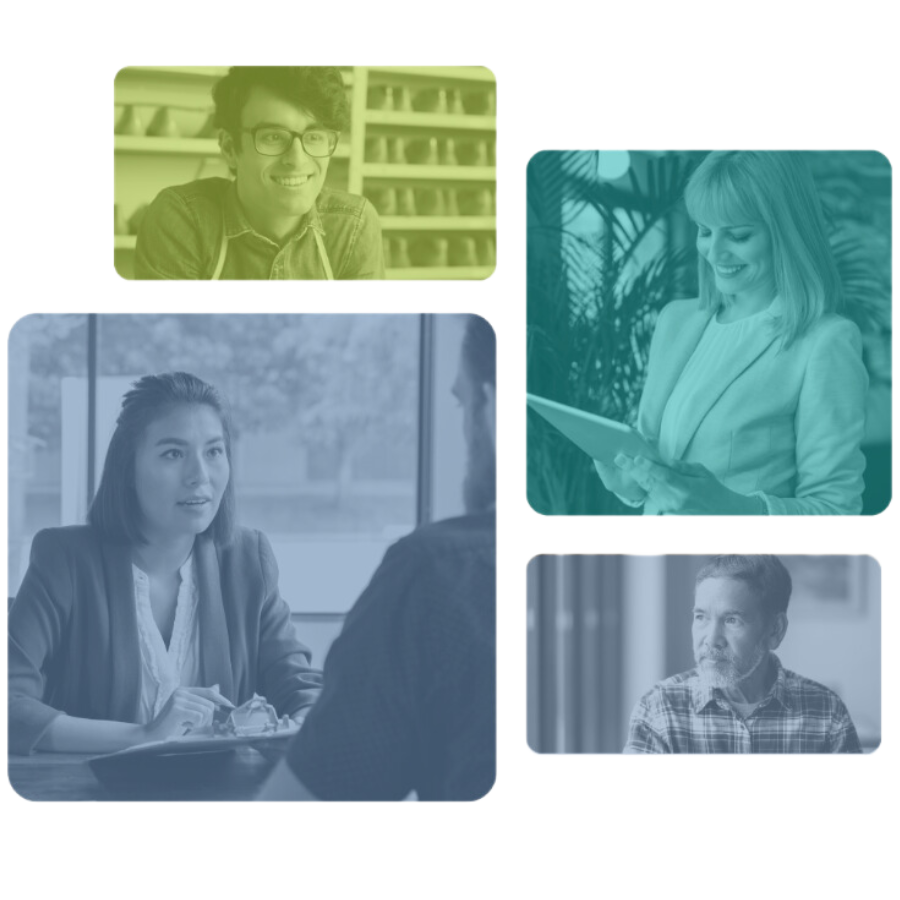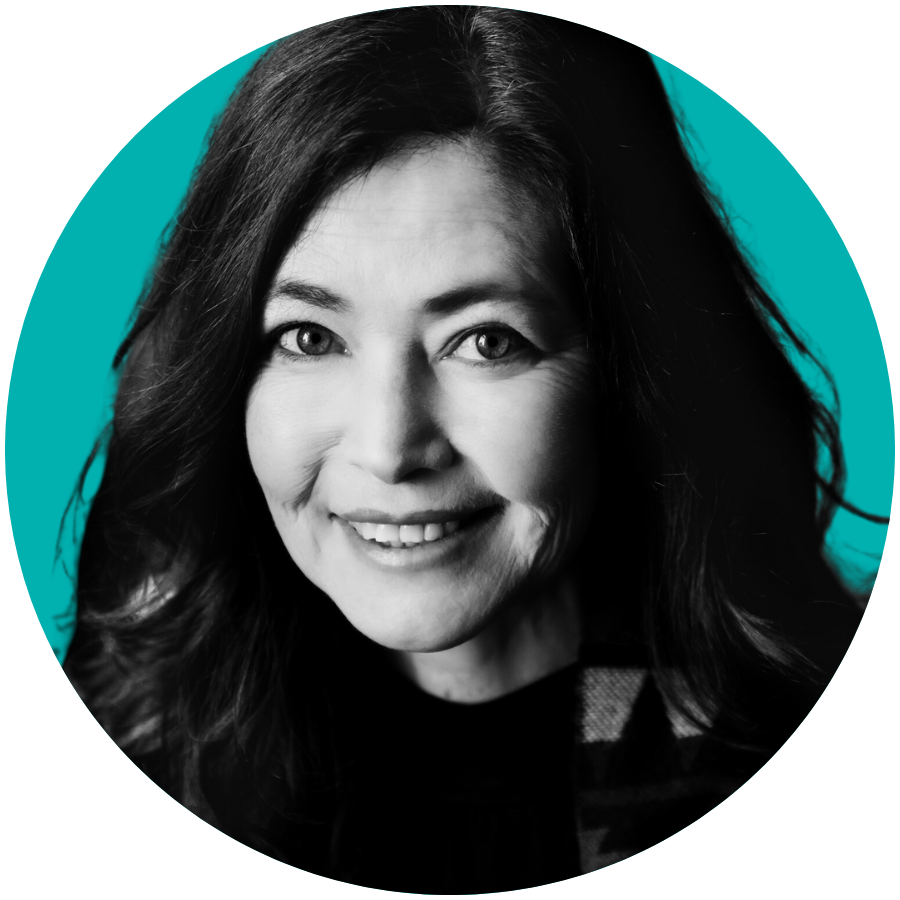Compassion Fatigue & Burnout Prevention Workshop
Compassion fatigue and burnout are commonly experienced by people working in environments with a high likelihood of secondary trauma exposure. These individuals are at risk for mental health challenges, relationship problems and the inability to perform work responsibilities.

The symptoms of compassion fatigue and burnout are hard to recognize and require adequate support to overcome. This workshop will help employers, employees and volunteers who may develop compassion fatigue. Those at risk for compassion fatigue include first responders, clergy, teachers, counsellors, social workers, health care professionals, veterinarians and individuals who are the first point of contact for those going through a crisis or disaster.
This workshop provides a flexible and customizable approach, accommodating the unique needs of various professions and industries while offering adaptable time frames and formats.
Learning Objectives
By the end of the training, participants will:
- • Understand symptoms and effects of compassion fatigue and fatigue risk factors
- • Recognize personal and systemic barriers to receiving help
- • Learn how to manage daily perceived threats and stress in more effective ways
- • Create a self-care plan with resiliency-building skills and steps to improve workplace mental health
- • Learn the difference between compassion fatigue and burnout
Details
Duration
1 to 4 hours
Attendance Numbers
12 to 25+ participants
Investment
Pricing available upon consultation
Delivery Method
Virtual, in-person or hybrid format
Audience Type
Employees, external partners
Meet Your Trainers

Fawna Bews (she/her)
Learning & Development Coordinator

Samantha Cashin (she/her)
Training Admin & Events Coordinator

Michael Green (he/him)
Community Engagement & Training Coordinator
Book a Consultation
Book a consultation on Calendly with Working Stronger’s Workplace Training Consultant to learn more about the programming available and how it can assist your workplace.
